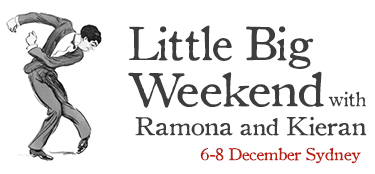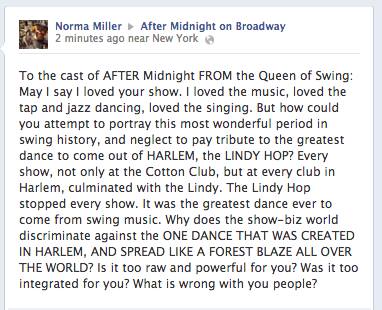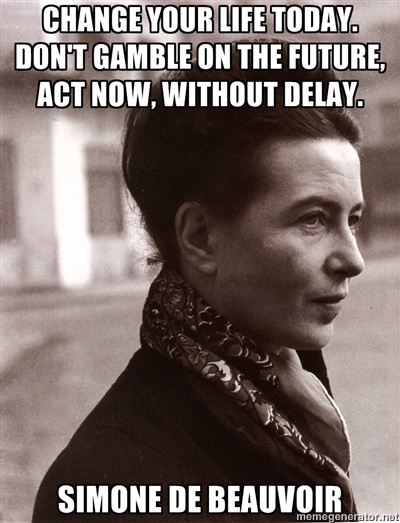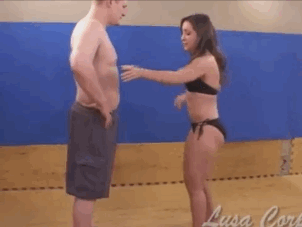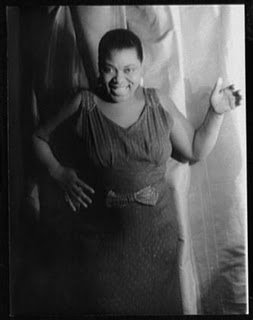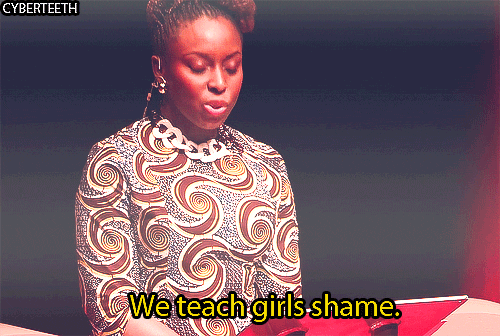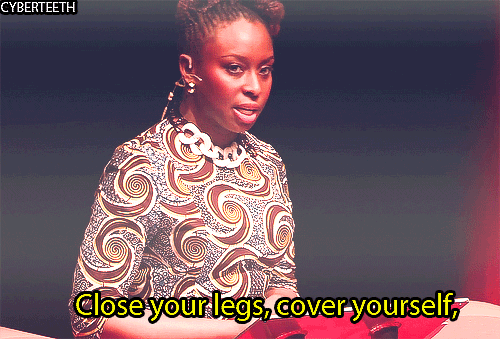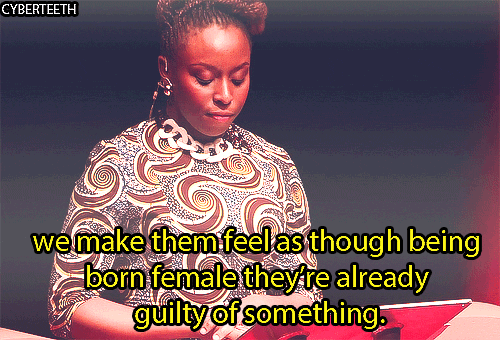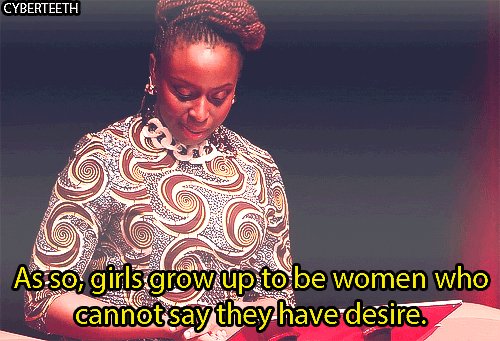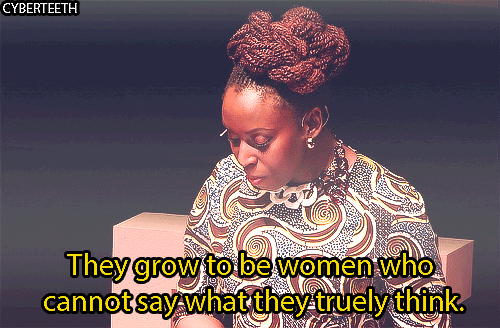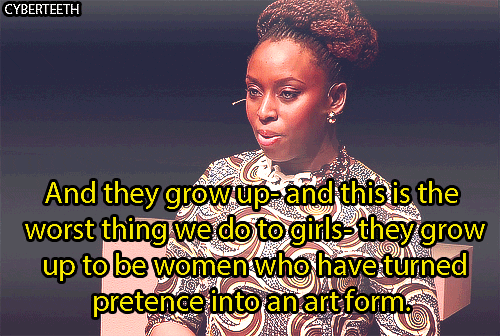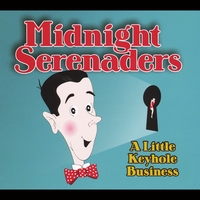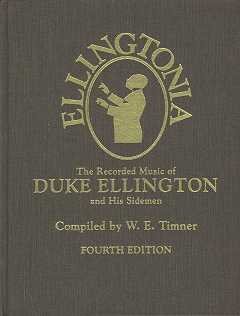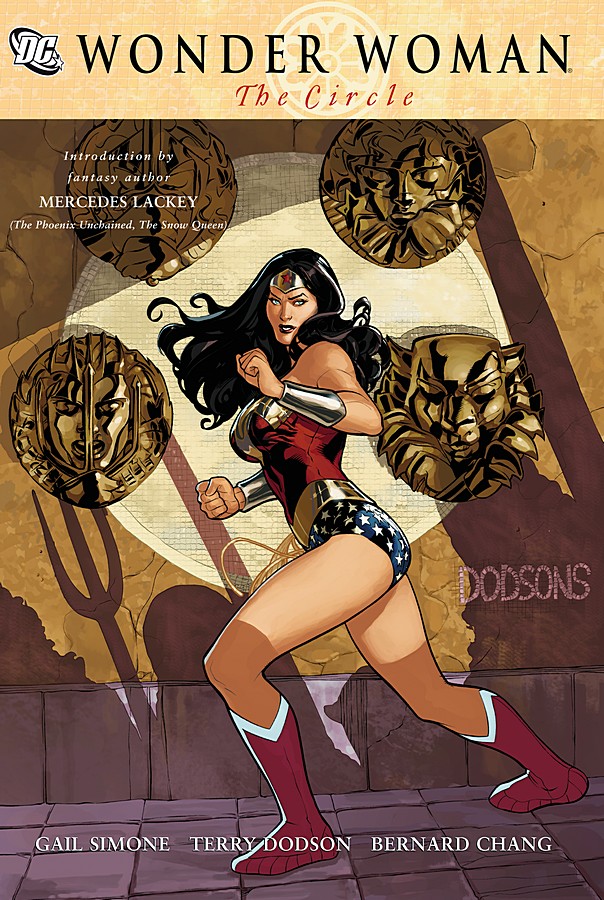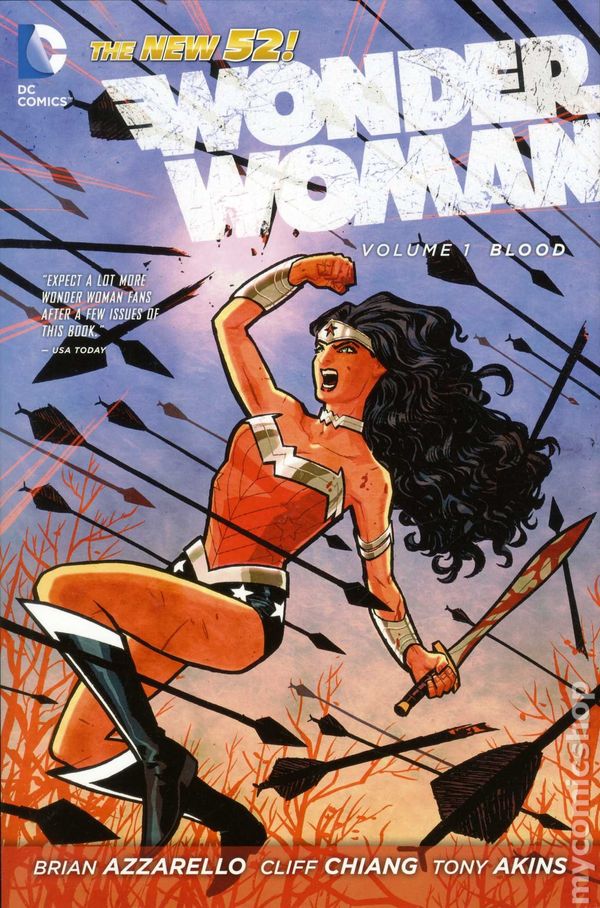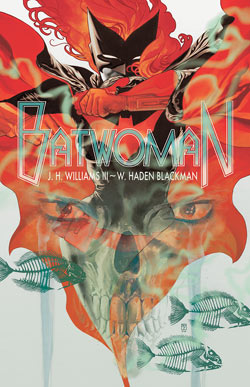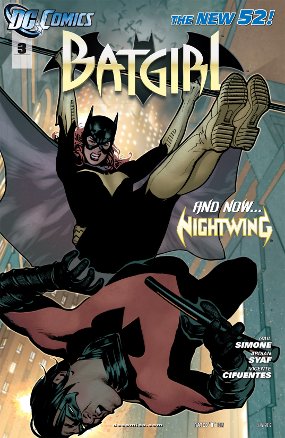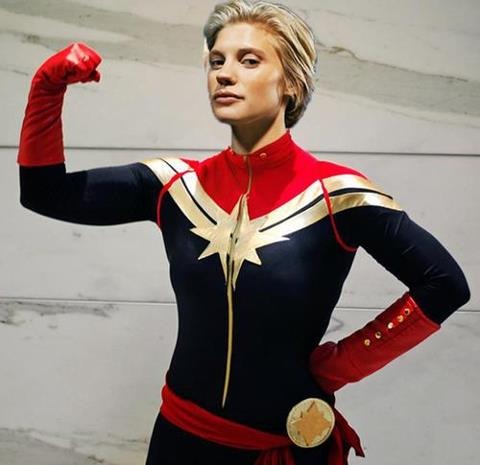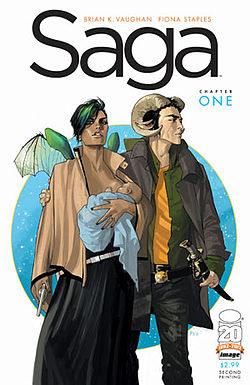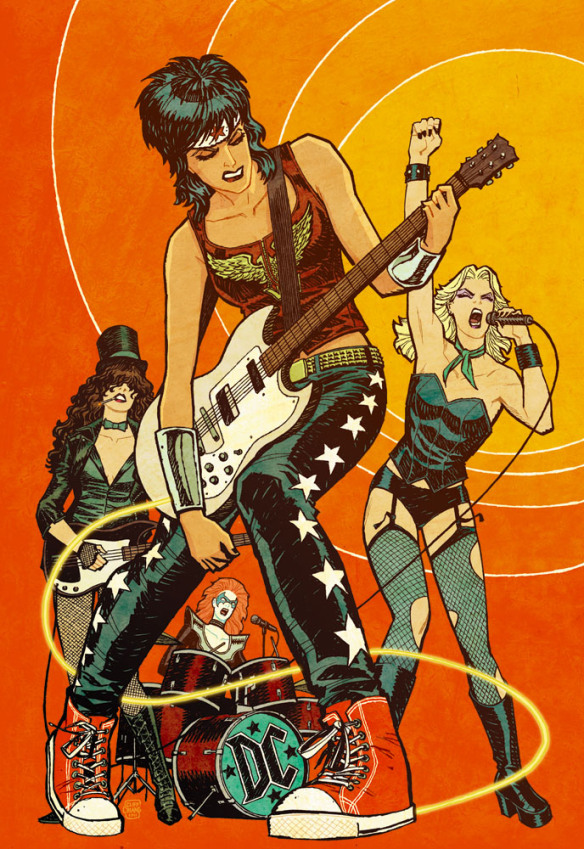There are many ways of assessing the ‘success’ of a class. Because most lindy hop events work on a tight budget, we tend to assess the success of a dance class by numbers in classes, and how much money we make. But large class sizes aren’t necessarily a good gauge for other factors. And we’ve all realised that there aren’t buckets of cash to be made in lindy hop, particularly not if you’re in a nation like Australia, which has relatively low population density in the most active lindy hopping demographics.
We can assess the success of a class using all sorts of criteria, and these criteria are developed through our own teaching, dancing, social and political goals.
Rather than asking ‘”How much money did we make this week?” we could be asking:
- Are teachers happy with their working conditions?
- Are students demonstrating a level of ability commensurate with other similar cohorts (eg how do they measure up when compared to interstate dancers)?
- Are students social dancing, and if they are, are they happy to dance with strangers?
- Are students entering competitions?
- Are teachers voluntarily attending workshops and pushing their own learning?
- Are teachers competing?
- Are teacher or students traveling to dance?
- Do we have equal numbers of leads and follows?
- Do we have female leads and male follows in classes, social dancing and in competitions and performances?
- Are dancers demographically diverse: are they all one age, class, ethnicity, or are they more mixed?
I’m certain that we’d not all agree on which questions are most important, and that our questions would change as our own interests and our own scenes changed.
Despite these differences, most lindy hop scenes require a critical mass to be socially and economically sustainable. We have to pay our bills, and we have to provide safe, happy dancing environments. And, for most of us, a viable lindy hop scene has a strong, stable social dancing culture. In other words, there are happy, healthy dancers out social dancing, and the bills get paid each week.
But these goals – social dancing and financial viability – are often not enough for most of us. If each week’s class is a painful struggle to cover the bills, then teaching becomes a painful act of martyrdom ‘for the community’. Or financially frightening. And a small class becomes a source of shame or dissatisfaction.
Your specific goals – as a teacher, a student, a studio manager – will be dependent upon your local scene, and your personal priorities. It’s worth taking a moment to lay out some goals, and to think about the things you value most about a class or your local scene. And how you might contribute to their success.
For my classes, I found that my pleasure and satisfaction in teaching grew exponentially when I stopped worrying about the students who weren’t coming to class, and started cherishing the students who were. I now regard small classes as a luxury, and large classes as requiring a different teaching and social skill set. I also find developing class content and syllabus an exciting opportunity to put into practice the new material I learn in workshops. Or, conversely, I see workshops as a rich hunting ground for new ideas and exciting opportunities to expand and develop my own dancing skills and knowledge base – for my students, and for my own teaching satisfaction. Being able to absorb, comprehend, apply, integrate, and then communicate new knowledge has given me new interests and challenges in my dancing. Not to mention a great deal of pleasure.
The most important thing I’ve discovered about assessing a class, is: cherish every student. Don’t think about the students who aren’t there, think about the ones who are. Value their progress, their personalities, their delight in dance. Treat classes as a chance to share fun stuff, and to meet interesting people.
Below is a list of qualities or issues that I think about when I assess my own classes. This list isn’t exhaustive, these are just some of the things I’ve been thinking about lately. And I’m finding that teaching solo dance isn’t quite like teaching lindy hop. There are different teaching skills needed, and these skills in turn shape my lindy hop teaching. Your list may be (and is likely to be) entirely different.
Looking at Students
Superficial assessment – Over the course of one class:
A weekly class (beyond the drop-in ‘swing intro’ class):
- Have most people ‘learnt’/’got’ the move (ie assessing technical ability)?
- Are people enjoying themselves?
The drop-in ‘swing intro’ class, the wedding class, the large public festival PR gig:
- Is everyone smiling and having fun (aka is it incredibly noisy in the room)?
One-off workshop with a group I mightn’t see again:
- Have people learnt some of the moves, most of the concepts, discovered something new?
- Are they taking away puzzles or concepts to work on in their own time?
- Do people feel good about the class?
Superficial assessment – Over 6 weeks:
A weekly beginners class:
- Have the students developed basic fitness (ie can they make it through a class and still be concentrating, engaged with content), and has this level of fitness slowly improved over the 6 weeks?
- Do they have basic core stability (ie can they charleston alone without wobbling, can they turn their bodies in space with confidence (eg circle), can they lead/follow (maintain connection with a partner) while doing charleston, circle or other steps?
- Have they begun to develop an awareness of how their bodies work, and how to use them (eg if we say ‘stand on your right leg and touch your left shoulder’ or ‘do this’ while demonstrating, can they do this)?
- Are they beginning to learn things faster? This speeding up usually happens at the ‘threshold point’ (about 6 weeks) where they move from stumbling between steps, to making a sudden leap forward in skill. This is always relative to each individual student’s needs/abilities/age/etc, so you’ll always have a diverse cohort (hopefully!), but the entire group should see improvements at a particular number of weeks. My goal for each class: some things should be ‘easy’, some ‘challenging’, and at least one thing should be ‘unfinished’ and needing some extra work or thinking. The pacing of individual classes (and how much and what type of content should be dealt with during what period of time) is a different matter, and requires masses of experience.
- Are they aware of ‘basic’ levels of leading and following (eg extension, shared bounce, relaxed upper bodies)?
- Are they making clear weight changes?
- Are they confident with basic rhythmic components (eg step step, rock step in various directions, keeping feet under body; triple steps; stomp offs; charleston; jig walks)
- Are they confident with (or will they cheerfully attempt/explore) basic rhythmic sequences (eg step step, triple step; step step, triple step, triple step; charleston).
- Are they confident with (or will they cheerfully attempt/explore) basic rhythm breaks (eg johnny’s drop, mini-dip, Lennart break)?
- Do they have a fundamental repertoire of historic lindy hop steps (eg swing out from closed to open, swing out from open to open (lindy turn), circle, SBS charleston, basic 6 count shapes (under arm turn for lead and follow, moving from open to closed)?
- Can they count themselves in at the beginning of a phrase?
- Can they find the beat, bounce in time, match their partner’s bounce, and then begin on 1 (or wherever) with confidence and solid connection?
- Will they cheerfully attempt a range of tempos, and have moderate success at most (slow as well as fast)?
- Are they beginning to express an interest in the songs played in class?
A weekly ‘level 1’ class (ie the class after beginners)
- Are they discovering more complex leading and following skills:
-> compression,
-> shared bounce and matching bounce,
-> relaxed upper bodies,
-> not collapsing shoulders,
-> moving core as extension of connection through body (especially follows),
-> are they aware of and able to work with the follow’s delay, and to build this into the ‘swinging’ timing (especially leads)
- Have the students moved beyond ‘shapes’ and begun thinking about and applying broader technical themes (eg big themes: bounce, engaged body, clear weight changes, the ‘reciprocal connection’ (where follows return the lead’s pressure, and where leads learn to read this return of pressure), etc).
- Are the students starting to experiment with musical styles, and to explore the way swing, accent, phrasing, and beat vary?
A weekly workshop or practice session for intermediate solo students:
- Are students comfortable turning in space (eg dancing facing different directions)?
- Are students comfortable moving through space (eg FOTL)?
- Are students experimenting with and feeling ok about turns and spins (eg lock turns) and spin with some confidence?
- Are students comfortable with starting at 8 or 1 or anywhere?
- Are students making clear weight changes (thus facilitating transitions)?
- Are students comfortable making mistakes, and experimenting with the ‘wrong’ versions of steps?
- Are students solid with bounce, core engagement, not collapsing into moves?
- Are students remembering medium length sequences of steps?
- Are students comfortable with (or interested in exploring and experimenting with) substantially higher or lower tempos, more complex musical structures, and different styles of swing and jazz music?
Looking at venue/class viability:
- Is the class paying the rent?
- Is the class paying the teachers a minimum of $20 an hour each?
- Is the class paying the costs of promotion, administration, insurance, etc?
->what is the minimum number of students required to cover these costs? eg 20 students @ $15 = $300 for 1hr rent ($50), 2 hrs teaching ($40), admin and insurance ($10), PR ($10)
- At what point does a class become ‘too big’? Optimal teacher:student learning environment is 20:2. Do you add an extra class when the group gets ‘too big’, do you adapt your current format to accommodate larger groups, or do you just carry on the same way, regardless?
- Is there a solid cohort of regulars, and what percentage of the weekly income do they constitute (ie how many regulars do you need to make your class numbers stable – 10 from a class of 20?)
- How does the class weather seasonal variations – can you handle the inevitable numbers drop when daylight savings kicks in? If there’s a day of warm sun after weeks of rain, can you cover your costs? Are you ready for the jump in numbers at the beginning of the year?
- Do you have strategies in place for periodically boosting numbers and generally keeping a public profile (eg promotional coupons, public dance gigs, etc), and are they adding too much, too little or just enough extra work to your workload?
Looking at teacher work satisfaction:
- Have the teachers moved beyond nerves and ‘figuring things out’ to confidence, calm teaching vibe and a relaxed, pleasant teaching experience?
- Are teachers working with a regular cohort, so getting a sense of achievement and satisfaction from students’ development and progress?
- Is the teaching partnership happy, healthy and satisfying (do the teachers feel confident introducing new ideas, to giving and receiving feedback together)?
- Are the teachers both ok with managing time and class progress in class (ie are they running to time or over time?)?
- Are both teachers ok with ‘leading’ the class on their own if necessary, or in being the more active lead teacher if the other is feeling rough and needs to take a back seat that night?
- Have the teachers reached a point where both are contributing equally, both listen to each other in class (and do not interrupt each other), both demonstrate good working partnerships to classes (eg how to give and receive feedback, how to explore a challenge together, how to give and receive appreciation)?
- Do the teachers feel ‘inspired’ – are they experimenting with new content, AND integrating this into the syllabus smoothly and confidently?
- Are teachers balancing new content with ‘old’ content, so developing a sense of ‘core skills’ for LH?
- Are teachers managing injuries and physical pressure of teaching effectively – ie are they nursing injuries, feeling exhausted the next day, or not getting enough sleep, or are they in good physical condition, recovering well the next day and sleeping well?
Looking at venue-teacher relationships:
- Is the venue happy with the arrangement? How do you know (do you see them often)?
- Do yo know the venue manager/owner’s name and have regular contact with them?
- Is the class meeting the venue’s needs (eg financial, cultural, creative, political)?
- Is the venue ‘working’ for the class: is it too noisy for a class? Too small? Too hot? Well located for public transport? Decent sound gear? Too expensive for the class sizes?
Looking at class culture:
- Is there a regular core cohort of students who are peers/friends?
- Is there someone to work the door, who does so enthusiastically, and with a friendly, welcoming tone?
- Do teachers enjoy teaching (eg do they look forward to classes, or do they make excuses not to go, or have to convince themselves it’ll be good?)?
- Do students feel challenged enough by content (eg do they have clear goals for their learning, and clear pathways to those goals (eg moving from beginners through level 1 to level 2))?
- Is there a stable class culture (eg a shared sense of humour and values, a cheerful willingness to learn, an interest and enthusiasm for challenging content, patience (from teachers and students) with new and challenging content)?
- Do students and teachers seek out new ways to contribute to class (eg bringing baked goods, DJing, organising out-of-class outings (eg to social dancing), going to drinks after class, wearing particular costumes or outfits, bringing questions about particular dance issues to class, requesting specific class content)?
As you can see, these are far-reaching and often contradictory questions. Not all of them are high on my list of priorities, and not all of them have to be ticked off for the class to be considered ‘successful.’ I think my main priorities are safe classes, where the bills get paid (including teachers being paid), class content has some historical veracity (ie jazz and swing music are played, the classic lindy hop steps are explored, rhythm is at the core of everything we do), and people (students and teachers) enjoy themselves.
A word about successful feminist classes
If you’ve been reading this blog for any length of time, you’re probably wondering why I haven’t talked about gender in any of these points. This is because I see gender equity as a natural consequence of safe, equitable classes. I approach all the events I run with the goals of good, safe, happy, healthy, inclusive, inspiring, interesting, friendly, accessible dance spaces for everyone. I’m continually asking myself ‘How can I do this better?’ and ‘How can we make sure that everyone enjoys what we are doing?’ And I’m asking these questions because happy, confident dancers are creative dancers. If you encourage a culture of innovation and creativity, supporting other people’s projects and sharing your own, you can make your local scene more interesting. To my mind, the perfect lindy hop scene is continually evolving, doing new things, discovering new music, trying new venues, choreographing new routines, pushing themselves to become better dancers or teachers or DJs or event managers or vintage fashion fiends. Just generally feeling creative and excited.
These priorities mean it’s important to be flexible and self-reflexive, willing to try new things, to entertain new ideas, and to untangle your own preconceptions about students, classes, teaching, music, events, and dance.
I think it’s also important to remember that sometimes people aren’t happy, that not everyone becomes a brilliant dancer, and that sometimes a class just falls flat. But all those things are ok: a weekly class that’s safe and friendly might be very important to that person who’s struggling with depression and deep unhappiness. Their goal might be ‘get out of the house once a week’, and if so, your class is a success for them. Students progress at different rates, and while some people might pick things up quickly and amaze you all, the student who doesn’t ever actually become a ‘star’ but who cheerfully comes along to class regularly, gradually adding to their list of skills or experiences is still achieving. Their goal might be ‘have some lols and maybe learn to clap in time.’ Achieving modest goals is just as satisfying as achieving huge ones. Not every class you run will be fabulous. Sometimes you just suck. Your jokes are forced and rubbish, your explanations are unclear, your own dancing is wrongtown. Shit happens. So long as you pick yourself up and carry on, work on the things you can change (work on your own dancing! stop telling jokes! stop talking so much!), and just enjoy the company of good people, you have fulfilled some fairly satisfying goals.
I think it’s a powerful way to approach running dance events: seek out delight. For yourself, and for others. It makes for better dancing (because happy dancers are relaxed dancers, and relaxed dancers are just better lindy hoppers), but it also makes for better communities. Because unhappiness, frustration, rage, disempowerment, resentment, all that stuff is just rubbish. I have no time for that shit.
In practical terms, this means being cognisant of the way I use language in class, of the way I do things like handle partner rotations, dividing the group into lead and follow, and so on. Luckily, lindy hop and jazz dance are naturally very good at enabling resistance. All vernacular dances are about change, mutability and active use-value. Jazz dance, as the product of a people who’ve experienced slavery and segregation, positively delights in breaking rules, in innovation, and in thinking against the grain. Jazz dance, as a response to jazz music, is about individual representation and innovation within structures and constraints. The thing that makes all this so interesting and so wonderful is that jazz requires new thinking, new thoughts.
For example, the idea that to become a good lindy hopper, you must be able to solo dance is exciting: it suggests that if we are going to teach side by side charleston, we must first be able to charleston alone. If we’re going to be able to swing out, we must first be able to find the beat, dance a rhythm and move through space on our own.
And when we dance alone, we get to know ourselves a bit better, to feel confident in our abilities, and so enter dancing partnerships with more confidence and joy. So it makes sense to structure your class in a way that puts solo dance first. To have your students make friends with the music before anything else.
In terms of a political project, developing each student’s sense of self worth and making it easier for them to hone their individual skills is an important way of empowering people. And for women and men exploring gender, knowing we are all important and valuable and capable of great creativity outside a heteronormative relationship is truly powerful and radical. It says to men that they can explore all the ways there are of being a man, as well as, and beyond, those ways that are a response to women. They needn’t be ‘in control’ of anyone but themselves. And women, of course, can see that they don’t ‘need a man’ to be complete; they can experiment with independence, bravery, physical risk and physical pleasure on their own.
So, I guess I feel that solo dance is essential to the success of socially sustainable lindy hop scenes, as well as lindy hop classes and individual lindy hoppers. I believe that we cannot teach successful partner dancing classes without a strong emphasis on individual confidence, ability and delight in dance. And if that isn’t a feminist manifesto, I don’t know what is.
And when it comes to assessing the success of a class, it helps to have a set of criteria, for yourself, your students, and your place in a broader community. Be kind to yourself, be kinder to your students, and remind yourself that every day you dance is a day well spent.


